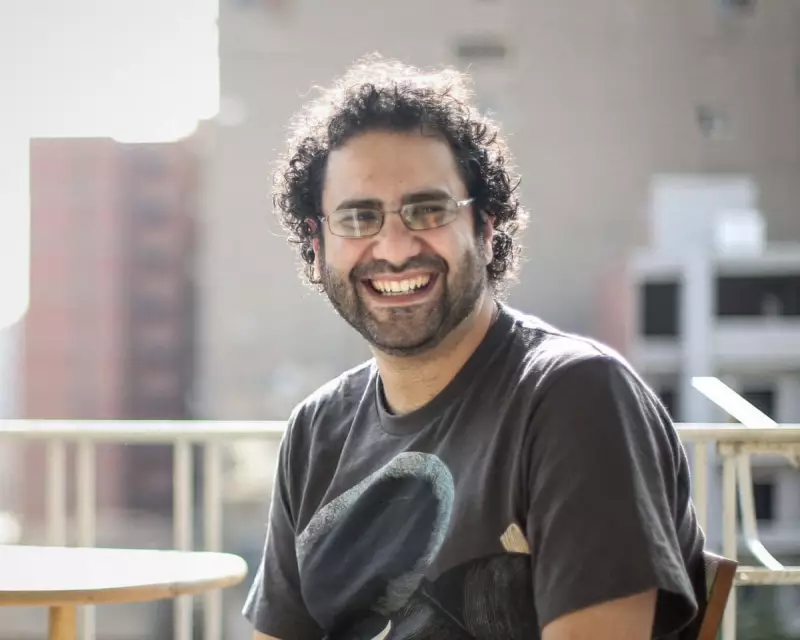
In a significant diplomatic move that has ignited hopes for a potential breakthrough, Prime Minister Keir Starmer has directly raised the case of imprisoned British-Egyptian activist Alaa Abd El-Fattah during a call with Egyptian President Abdel Fattah el-Sisi.
The high-level discussion, which also covered broader UK-Egypt relations and regional stability, is being viewed as a crucial step in the long-running campaign to secure the release of the high-profile blogger and pro-democracy campaigner.
A Landmark Conversation
Downing Street confirmed the leaders held a "substantive call" on Thursday, marking one of Starmer's most significant diplomatic engagements since entering office. A official spokesperson noted the Prime Minister specifically emphasised the UK's "deep concern" for Mr. Abd El-Fattah's welfare and the importance of a swift resolution to his case.
This direct intervention from the UK's highest level of government is seen as a major escalation in diplomatic efforts, which had been a consistent priority for the previous Conservative administration but have now been taken up with renewed vigour by the new Labour government.
Years of Imprisonment and International Outcry
Alaa Abd El-Fattah, a software developer and prominent voice from the 2011 Arab Spring, has been detained for most of the past decade. His most recent five-year sentence was levied in 2021 for spreading false news—a charge widely condemned by international human rights organisations as politically motivated.
His case has drawn global attention, not only due to his British citizenship through his mother, professor Laila Soueif, but also because of his severe hunger strikes and the dire conditions of his imprisonment. His family has consistently raised alarms about his treatment and the grave risk to his health.
The Path to a Pardon
The conversation between Starmer and Sisi is particularly significant as it coincides with the lead-up to Egypt's Sinai Liberation Day on April 25th. This occasion has traditionally been used by President Sisi to issue presidential pardons, often for high-profile prisoners.
Campaigners and Mr. Abd El-Fattah's family are now cautiously optimistic that this high-level political engagement could pave the way for his inclusion in any forthcoming pardon decree, finally ending his years-long ordeal.
The Foreign Office has reiterated its commitment to continue providing consular support to Mr. Abd El-Fattah and his family, while emphasising its ongoing efforts to secure a permanent resolution.





